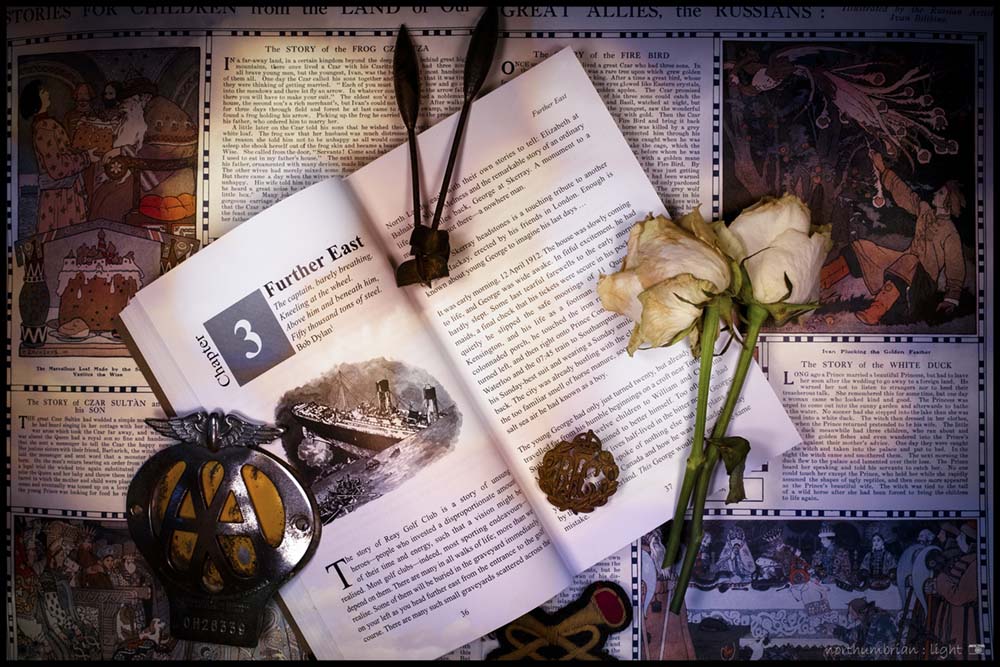Chapter 3: Among the Skerray headstones is this touching tribute to another George Mackay, erected by his friends in London. Enough is known about young George to imagine his last days …
It was early morning, 12 April 1912. The house was slowly coming to life, and George was wide awake. In fitful excitement, he had hardly slept. Some last tearful farewells to the early morning maids, a final check that his tickets were secure in his pocket and quietly he slipped the safe moorings of 11 Queens Gate, Kensington, and his life as a footman. Emerging from the colonnaded porch, he touched the iron railings one last time, turned left, and then right onto Prince Consort Road, heading for Waterloo and the 07:45 train to Southampton. He was dressed in his Sunday-best suit and wearing a Sunday smile. He did not look back. The city was already bustling with the clatter of hooves and the too familiar smell of horse manure, soon to be replaced by the salt sea air he had known as a boy.
The young George had only just turned twenty, but already he had travelled far from his humble beginnings on a croft near Tongue, in Sutherland. One of twelve children to William and Christina Mackay, he was determined to better himself. Too often he had heard tales of regret, of lives half-lived in the bitter north. George, the Heilam ferryman, spoke of nothing else but his plans as a young man to travel to Canada and how he was persuaded to stay by the Duke of Sutherland. This George would not make the same mistake.
The third-class boat train from Waterloo pulled into Southampton Docks at 09:30, stopping at Berth 43/44. Clutching a small brown suitcase and ticket 42795, George alighted into the dockside sheds, crossed the road, controlled by a man with a red flag, and momentarily stood, awestruck by the sheer overwhelming size of the ship. It was beyond anything he could have imagined. Nothing like this was ever seen in the Kyle.
As a third-class passenger, George had a simple berth, shared with six other passengers. Keen to escape the claustrophobia of steerage and the company of strangers, many of whom could not speak English, he quickly found his way to the open decks. He was there when the ship cast off and was towed into the River Test by tugboats, there for the near collision with USMS New York, there when Cherbourg appeared on the French coast and there when the ship set sail for Cobh in the dim light of an April evening. All the while he grasped ticket 42795. It had cost £7 11s, all his savings, but he was bound for Rochester and a new life in Detroit. Of one thing he was certain: he was never going home.
